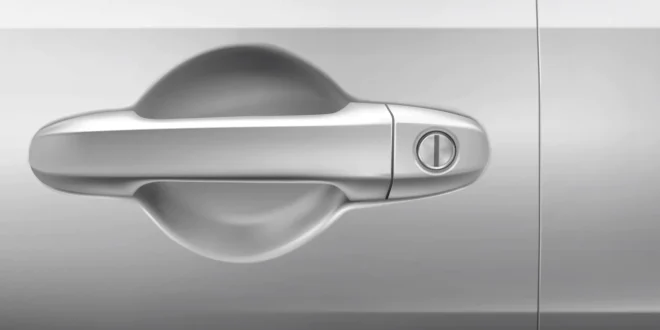Car locks are an essential part of vehicle security. They provide protection from theft and vandalism, as well as other potential threats. From traditional key locks to modern biometric systems, there are a variety of types of them available on the market today. In this blog, we will discuss what a car lock is, its benefits, how it works and its key features, the five common types, and how to choose the right one for you.
What is a Car Lock?
A car lock is any type of lock device that can be used to secure a car or other similar vehicle. A variety of locks for cars are available, including electronic devices with keyless entry systems or remote keyless entry systems, as well as traditional locks requiring a physical key for access. Most locks for cars also come equipped with additional security features like tamper-resistant mechanisms and alarms. Regardless of type, the goal of locks for cars is to help deter theft and unauthorized access to a vehicle.
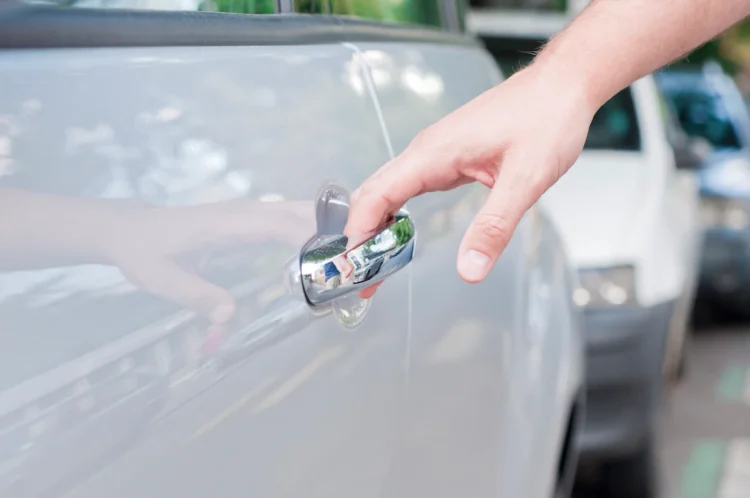
How Car Lock Protects Your Vehicle
Car locks are an important part of vehicle security. Not only do they keep unwanted people out, but they also deter potential thieves by making it harder to gain access to the car and its contents.
Furthermore, some locks can be integrated with vehicle alarms or tracking systems in order to alert authorities if any unauthorized attempts are made on the vehicle.
How Car Locks Work and Their Key Features
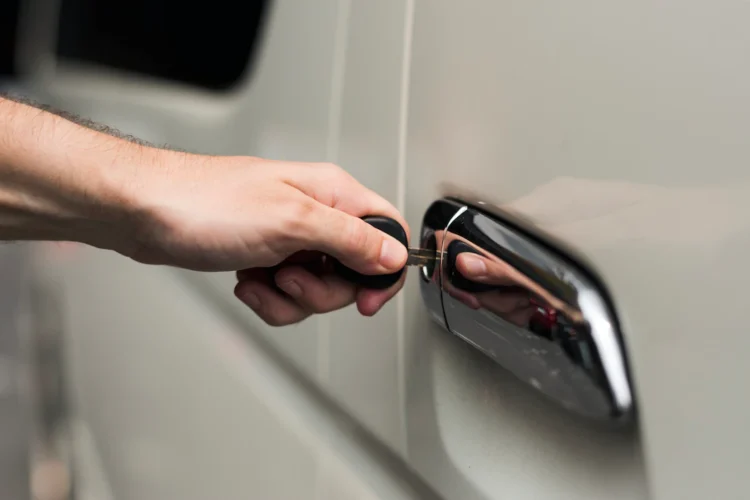
Car locks work by tightening the lock when the correct key is inserted and turned. This mechanical motion activates a mechanism that moves pins inside the plug of the lock to line up with notches in the key, allowing the plug to rotate and unlock the door. Different car models employ different types of pins (e.g., flat wafer or sidebar) which require very specific keys in order to activate them.
Many cars also come equipped with additional technology such as smart key systems, chip keys, and transponders that further increase security measures while simultaneously offering convenience to users who don’t have to use their physical key every time they want to enter their car.
The Benefits of Car Locks
Car locks provide an important layer of protection for vehicle owners. This is because they provide physical security to the car, making it difficult for thieves to access the cabin and the contents inside. It also serves as a deterrent for opportunistic break-ins, as a visible locking system can be enough to discourage someone from attempting to hijack or steal the vehicle. In addition, having secure locks on your car can give you peace of mind when leaving your belongings in the trunk or glove compartment when going about your day.
Evolution of Car locks
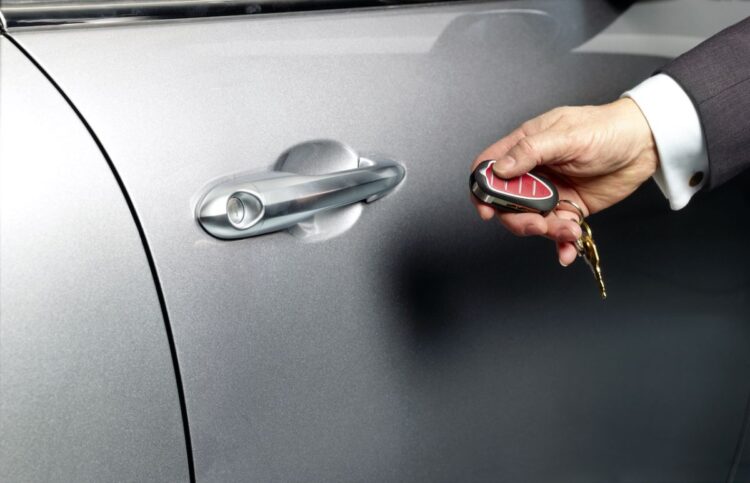
The evolution of locks for cars has advanced over the years, allowing drivers to secure their vehicles in more ways than ever before. The technology used in modern locks for cars is much more sophisticated and varied than it was even a decade ago, offering drivers better security against unwanted entry. It includes features like keyless entry systems, biometric recognition, immobilisers, and remote app-controlled locking, which all help to prevent theft or vandalism of cars. All this technology means that locks for cars are now more secure than they were before while still remaining convenient for drivers.
Common Types of Car Locks
Car locks come in a variety of shapes and sizes, making it important for vehicle owners to be aware of the different types available. Here are five of the most common types:
Traditional Key Locks
A traditional key lock is a type of lock that utilizes an external manual key as its primary mechanism. Keys interact directly with the locking mechanisms, usually cylinder pins directly within the body of the lock. Traditional key locks are generally highly secure; yet, keys can be difficult to replace should you lose one, as each key has its own individualized profile designed for the specific look it is attached to.
Smart Key Locks
Smart key locks are electronic locks that use radio-frequency identification (RFID) technology to allow the user to unlock their vehicle with a wireless device like a phone or fob. This advanced system is secure and convenient, but it may be more expensive than traditional key locks.
Keyless Entry
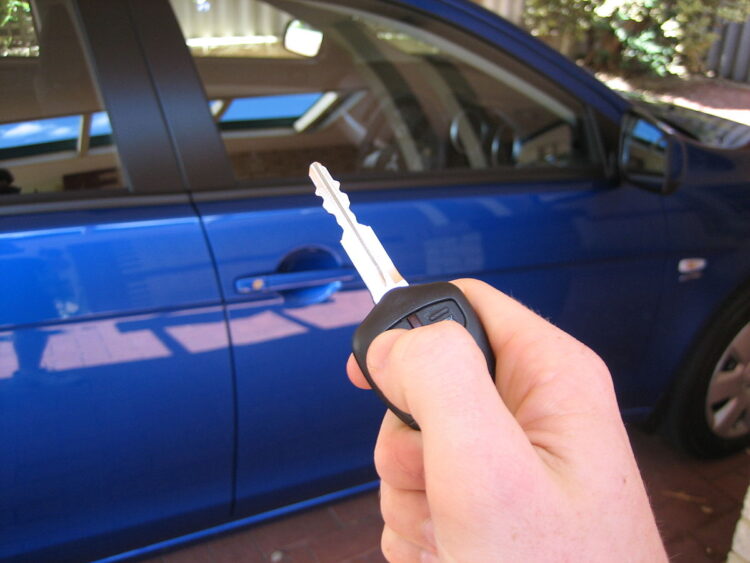
Keyless entry is an electronic car lock system that allows the user to unlock their vehicle with a simple press of a button on their smartphone or another device. This type of lock is becoming increasingly popular due to its convenience, but it lacks the security features of traditional and SmartKey locks.
Biometric Locks
Biometric locks for cars use fingerprint or facial recognition technology to authenticate the user before unlocking the vehicle. This type of lock ensures maximum security and is increasingly popular among those who want to make sure their vehicle remains protected.
Electronic Control Locks
Electronic control types of locks for cars are integrated into the vehicle’s electronic systems and can be controlled by a remote or an app. These locks are highly secure and provide the user with a range of features, such as automatic locking upon leaving the vehicle or remote unlocking.
How to Choose the Right Car Lock for You?

Choosing the right locks for you and your vehicle can be a tricky task, but working with an experienced locksmith for NYC can help ensure that you make the best choice. They will be able to assess your needs and provide expert advice on locks based on their knowledge of technology, product offerings, and industry standards. With their resources, locksmiths can even suggest locks that provide additional conveniences or options to make owning your car easier.
In Conclusion
In conclusion, there is a wide variety of locks for cars available that offer different levels of security and convenience. By working with a qualified locksmith, you can confidently make an informed decision to ensure the safety of your vehicle while also enjoying the conveniences that modern technology offers. No matter what type of lock you choose, it will be important to maintain the safety of your car and its contents by regularly checking that it is working correctly.
 Hi Boox Popular Magazine 2024
Hi Boox Popular Magazine 2024
